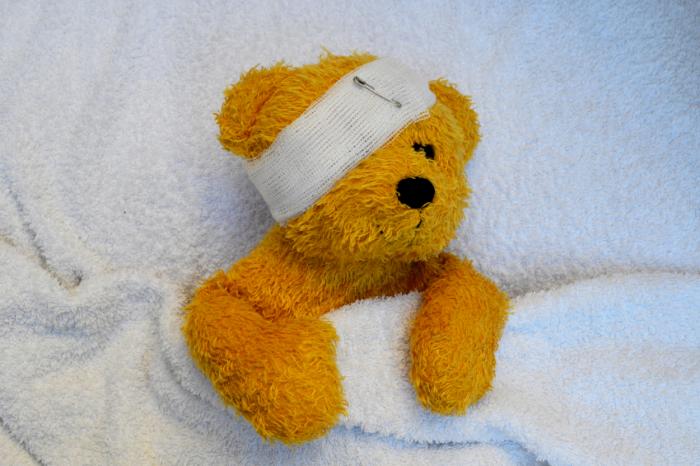A recent study finds that people who get a concussion as teenagers are more likely to acquire multiple sclerosis later in life.
A concussion is a type of traumatic brain injury (TBI) that is caused by a quick impact or shock to the head and can impair brain function.
Loss of consciousness, dizziness, impaired balance and coordination, changes in behavior and mood, memory issues, and confusion are all signs and symptoms of a concussion. Symptoms usually occur within a few days of a head injury, although they might take up to a week.
While concussion symptoms are generally temporary, research has recently revealed that head trauma can have long-term consequences for brain health.

Researchers have now discovered a relationship between adolescent concussion and the chance of developing multiple sclerosis (MS) later in life.
Prof. Scott Montgomery of Sweden’s Oerebro University and colleagues published their findings in the Annals of Neurology recently.
Concussion and MS: Studying the link
MS is a neurological disease that affects around 2.3 million people worldwide.
An aberrant immune reaction is thought to be the cause of the condition, in which the immune system assaults and destroys myelin, a fatty material that protects nerve fibers in the central nervous system.
Prof. Montgomery and colleagues identified 7,292 MS patients using data from the national Swedish Patient and Multiple Sclerosis registries. All of the participants were born between 1964 and 2012, and MS diagnoses were made between 1964 and 2012.
Each MS patient was matched with ten people who did not have MS on the basis of sex, year of birth, age at MS diagnosis, and location of residence. In all, 80,212 people took part in the survey.
The researchers also looked for any concussion diagnoses among the subjects during childhood (between the ages of birth and ten years) and adolescence using data from the Swedish Patient Register (between the ages of 11 and 20 years).
MS risk increased more than twofold
The researchers discovered no link between childhood concussions and the chance of developing MS later in life.
Participants who had one concussion in adolescence were 22 percent more likely to get an MS diagnosis later in life, whereas those who had more than one concussion were more than twice more likely to have MS later in life.
According to previous study, head trauma can trigger an aberrant immune response that harms the brain. This procedure, according to the authors, might explain their findings.
“Head trauma in adolescence, particularly if repeated, is associated with a raised risk of future multiple sclerosis, possibly due to initiation of an autoimmune process in the central nervous system.”
“Another reason to protect adolescents against brain damage, particularly if they are at risk of repetitive trauma, such from sports-related injuries,” adds Prof. Montgomery.
According to the Centers for Disease Control and Prevention (CDC), concussion or another type of TBI was diagnosed in roughly 329,290 people in the United States who were treated for sports or recreational injuries in 2012.







